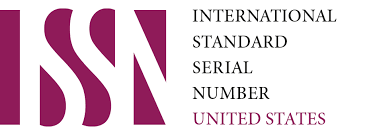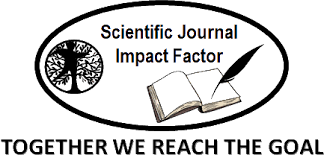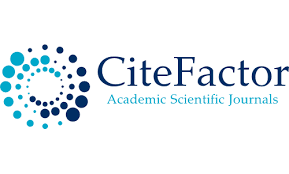Solar Photoenergy – The Future Photoenergy
Keywords:
Solar, energy, solar photovoltaic, siliconAbstract
The sun is the source of all energy on Earth. In temperate climates, 25-30% of the total energy consumed is used for heating, hit water supply and air conditioning. Solar energy is very convenient is supplying energy to remote and low energy facilities. Solar photovoltaics is one of the unconventional and renewable types of energy the converts solar optical radiation energy into electricity and provides consumcts with electricity
References
Resolution of the President of the Republic of Uzbekistan "On measures to improve renewable energy during 2017-2021 and improve energy efficiency in socio-economic networks and social sectors" comment
Sources of non-traditional and renewable energy. T. Majidov 84 95-bet
Prospects for the use of solar heating power plants in Uzbekistan
Samarkand State University, Arziyev Zacchaeus , is a member of the Governing Body of Jehovah's Witnesses. Prospects for the use of solar heating power plants in Uzbekistan'. Samarkand – 2016
Koltun.M.M. ,Solnechniye elements, M., Science, 1987
State University of Namangan , Yovminjanova Maftuna Finishing Work. ,, water heating by solar energy
studying the principle of working on structures." Namangan- 2017
Hаманган муҳандислик – қурилиш институти "Mуқобил энергия манбаларидан фойдаланишнинг жорий ҳолати ва истиқболлари"
мавзусида Республика миқёсида илмий-амалий конференция материаллари тўплами. Наманган шаҳри. 22-23 апрель 2020 йил
U.S. B. Abdiyev,t. F. n., Associate Professor of Thermal DU Physics, E. O. Ismail, master of the U.S. MU. Studying the possibilities of preparing solar photographs and improving their efficiency in physics education
Faculty of Physics and Mathematics at Namangan State University PhDReference prepared by Inoyatov Shukrullah on "Use of Solar Energy"www.Starsolar.uz
Downloads
Published
Issue
Section
License

This work is licensed under a Creative Commons Attribution-NonCommercial 4.0 International License.
User Rights
Under the Creative Commons Attribution-NonCommercial 4.0 International (CC-BY-NC), the author (s) and users are free to share (copy, distribute and transmit the contribution).
Rights of Authors
Authors retain the following rights:
1. Copyright and other proprietary rights relating to the article, such as patent rights,
2. the right to use the substance of the article in future works, including lectures and books,
3. the right to reproduce the article for own purposes, provided the copies are not offered for sale,
4. the right to self-archive the article.












